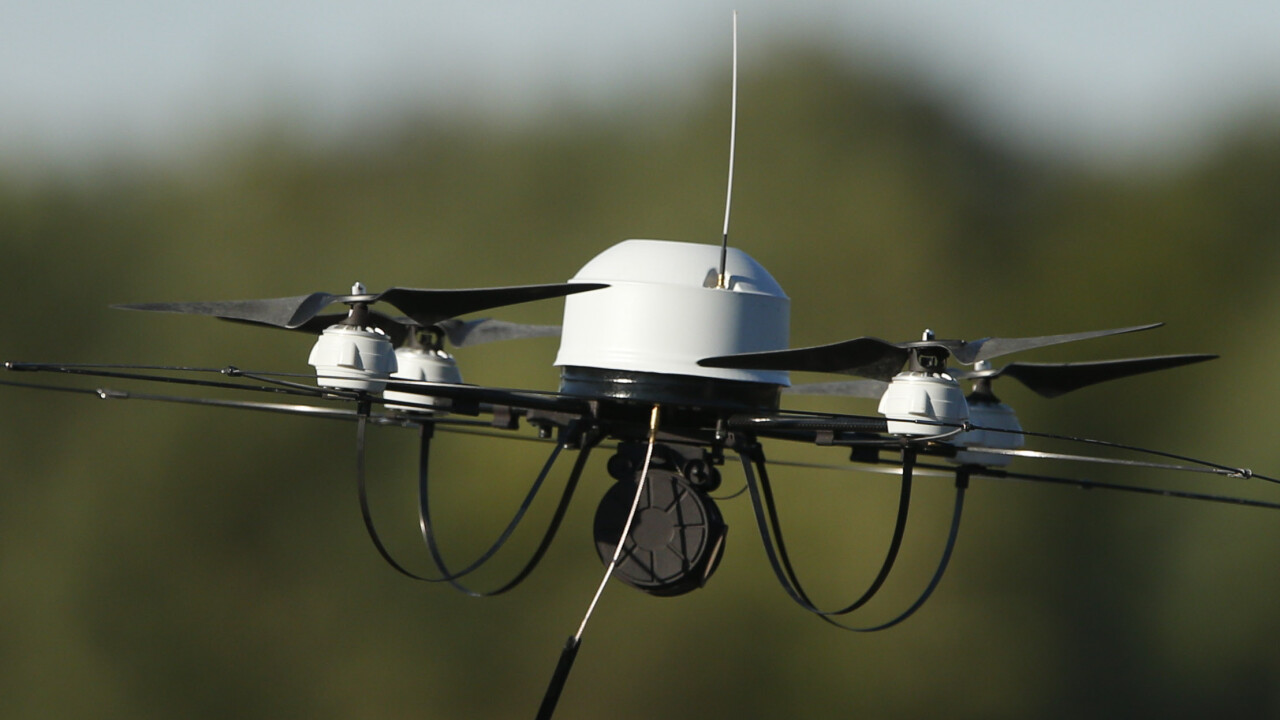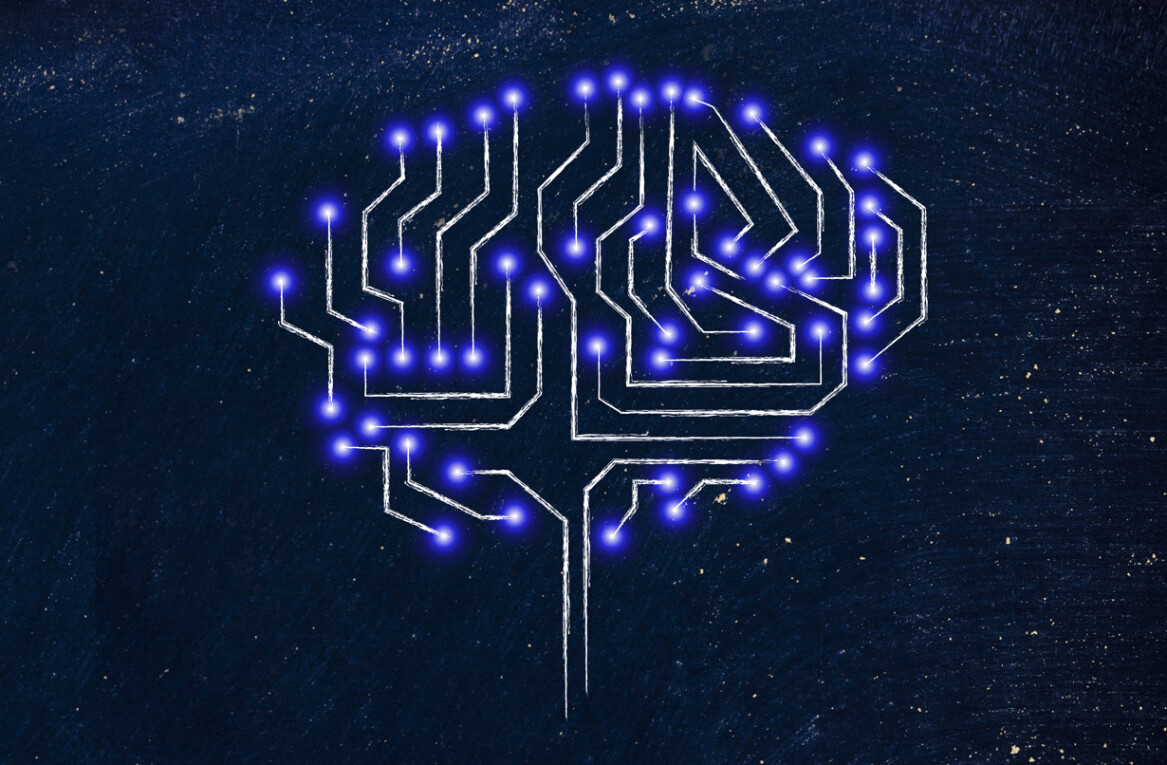
Gone are the days where battles are fought in person-to-person conflicts. In the coming years, most wars will be waged via computers, servers, and digital weapons. The question is, is the United States prepared for the future?

Cyber and electronic warfare
Military battles have evolved a tremendous amount over the years – most of it due to advances in weaponry and technology. In early centuries, wars were fought with hands, fists, sticks, and stones. You had to be close to your enemy to kill. As weapons become more advanced, things like slingshots, bow and arrows, and catapults gave armies the opportunity to attack from a small distance.

The first guns allowed for mass killing at a distance – though single-shot rifles were inefficient and time-consuming to use. As automatic guns and long-distance rifles entered the picture, it became possible for battles to be waged at distances. As airplanes, helicopters, and long-range missiles emerged, battles became even more sophisticated.
Today, we stand on the precipice of new warfare. No longer is it necessary for people or weapons to be present. Battles of the future won’t be fought on the ground or sea – or even in the air. They’ll be waged behind computers and servers.
As warfare evolves, two terms seem to get thrown around more than most: electronic warfare and cyber warfare. And while related, these two ideas aren’t the same.
“Electronic warfare includes military action involving the use of electromagnetic and directed energy to control the electromagnetic spectrum or to attack the enemy,” security expert Eric Chabrow writes. “Cyber warfare involves crippling adversaries through information systems and the Internet. Electronic warfare and cyberspace operations are complementary and have potentially synergistic effects.”
Nations like Russia and China appear well-equipped for this new way of war. The United States, while not totally outmatched, certainly has room for growth.
How the United States stacks up
With all of the whiz kids in Silicon Valley and billion-dollar think tanks in Washington, it would be a safe assumption that the United States is well-prepared to handle sophisticated cyber attacks and electronic warfare. But this isn’t necessarily true. As of right now, the U.S. isn’t fully prepared to ward off attacks from nations like Russia, China, Iran, and North Korea. As recent events have shown, America is actually quite vulnerable.

While some of America’s foes have had opportunities to test their cyber capabilities, the U.S. hasn’t had the same chances. And even when these chances emerge, there are questions about how the government will handle them.
“Complicating the ability to hit back nimbly are strict policies on how the U.S. is willing to conduct digital warfare,” writes Paul D. Shinkman, Senior National Security Writer for U.S. News & World Report. “There are hard-line and at times overly dense barriers between cyber operators cleared to carry out the government’s business and those who aren’t, even though the latter often find themselves inadvertently at the front lines of digital warfare.”
The fear is that other nations are gathering valuable real-world experience, while the United States is doing nothing more than accumulating theoretical ideas and knowledge. Nations like Russia and North Korea presumably unleash multiple large-scale attacks per year. This gives them an understanding of how different strategies and technologies work in action. On the home front, there’s very little confidence in the application and reliability of cyber and electronic warfare techniques. There are also glaring issues on the cyber defense front.
“The dilemma is as wide as it is deep,” Lt. Col. Michael Myers writes. “The majority of the nation’s CI is privately owned and operated. This leaves assessment, oversight and compliance enforcement a challenge for the federal government. Some CI sectors may be more inclined to share with DHS (and the public) their cyber shortcomings than others.”
Get the TNW newsletter
Get the most important tech news in your inbox each week.




